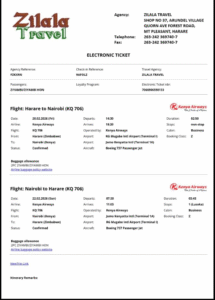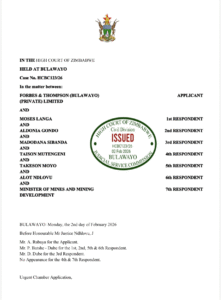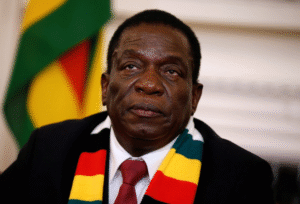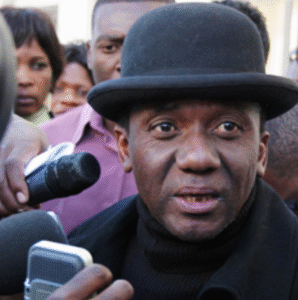WE THOUGHT WE WERE FREE: THE DAY ZIMBABWE CHOSE ANOTHER DICTATOR
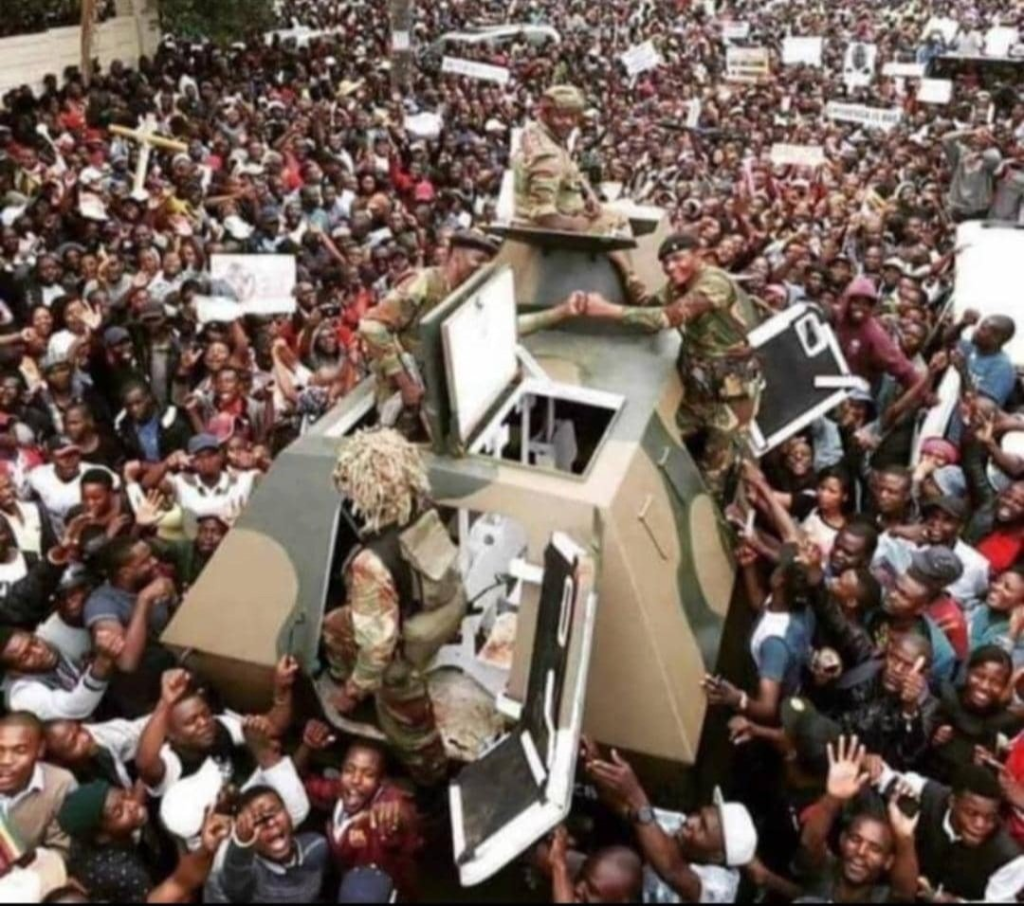
On this day in 2017, Zimbabwe was filled with hope. It seemed like the country was on the edge of something new, something better. The streets were full of people marching, celebrating, and calling for Robert Mugabe to step down after 37 long years in power. People believed this was the moment that would change everything. Mugabe’s rule was about to end, and for many, it felt like the start of freedom. But what happened next showed us how wrong we were.
The army had taken control on November 14, 2017, calling it not a coup but a necessary step to restore order. Mugabe, who was 93 years old, was now a president with no real power. The ruling party, ZANU-PF, was ready to remove him and impeach him if he didn’t step down. For a brief moment, Zimbabweans united in hope, thinking that Mugabe’s end was the beginning of a brighter future.
But we made a mistake. In our joy at seeing Mugabe go, we didn’t stop to ask who was coming next. We thought Emmerson Mnangagwa, known as ED, would be different. We thought he would bring the change we had waited for. After all, his speeches promised reforms, development, and prosperity. Yet, we forgot that Mnangagwa had been part of Mugabe’s system for decades. He was not an outsider. He had been there, quietly helping the old regime stay in power. We didn’t see that he was just another piece of the same puzzle.
Mnangagwa took over with promises of a “new Zimbabwe.” He spoke of opening up the economy, inviting investors, and rebuilding the nation. People believed him because they wanted to believe. Zimbabwe had suffered for so long, and everyone was desperate for something better. But in the years that followed, it became clear that Mnangagwa was not the savior we had hoped for. He was another dictator, just like Mugabe.
Under Mnangagwa’s rule, things have not improved. In fact, for many, life has gotten worse. The economy is still in crisis, with inflation making everyday life a struggle. Jobs are still hard to find, and public services are failing. People are still afraid to speak out because the government silences those who disagree. The promises of reform were just words. What we got was more of the same: corruption, oppression, and a leader who only cares about staying in power.
Looking back, we see that the excitement of November 2017 blinded us. We let ourselves believe that any change was good change. We wanted so badly to be free from Mugabe that we didn’t think about what came after. We didn’t ask hard questions about Mnangagwa’s past or his role in Mugabe’s government. We didn’t stop to think that someone who had been part of the problem might not be the right person to fix it.
Today, we must admit that we made a mistake. Removing Mugabe was not enough. The system that kept him in power is still there, and Mnangagwa is part of it. We traded one dictator for another, and now we are paying the price. The struggle for a free and fair Zimbabwe is far from over.
This moment in history is a lesson for all of us. Change is not just about removing one person from power. It’s about removing the systems that allow dictators to rule. Until we do that, we will keep going in circles, swapping one leader for another but never finding real freedom.
As we remember this day, let us not lose hope. Let it remind us of the power we have when we come together. Let it also remind us to be careful, to think deeply about the choices we make, and to demand true change, not just new faces in old systems. Only then can Zimbabwe move forward.
